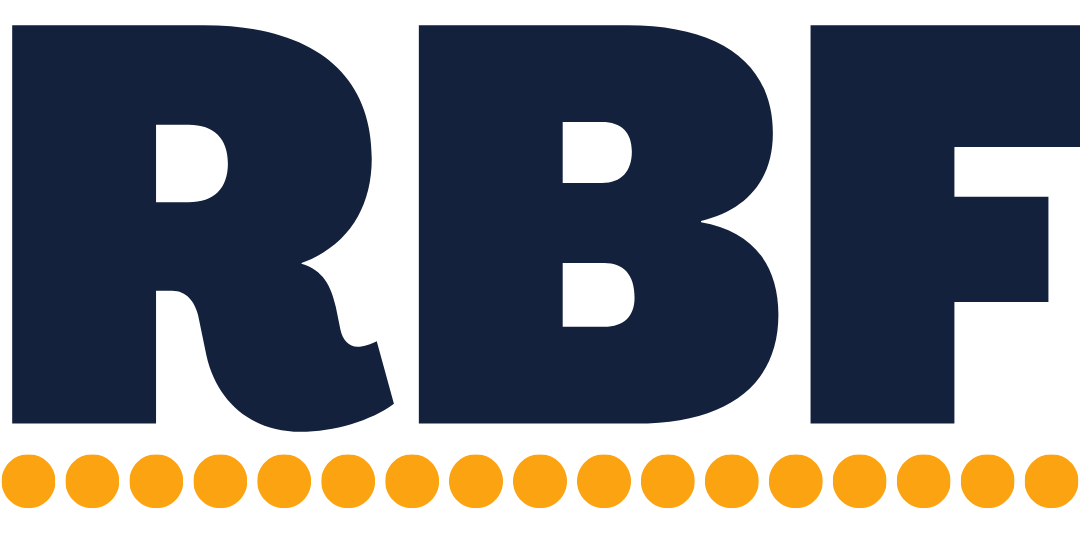How to smoothly transition accountants
I may be biased, but accountants are one of the most important small business hires. At the very least, you need your taxes done. But, as you grow, you may also need help with other compliance chores, like payroll or bookkeeping. And, eventually, you may want their advice on big decisions and financial problems. Regardless, you absolutely need an accountant. Without one, it’s only a matter of time before things fall apart and the IRS shows up (via mail, of course. You really have to ignore them for someone to physically arrive and verify your address).
That also makes switching accountants tricky. You know you need to switch from your crappy accountant, but you also don’t want anything to slip between the cracks and wind up with a penalty notice from the IRS (which is probably why this is the most common question I hear during intro chats). And, the obvious advice is don’t switch during peak tax season. But, you can also make the transition easier on yourself by having your info together; biting the bullet and starting the search for a new accountant today; and being ready for someee change along the way.
Avoid the major tax deadlines :
There’s essentially 4 major tax deadlines that’ll have accountants swamped – March 15th, April 15th, September 15th, and October 15th. Some firms stop accepting clients altogether during the lead up. And, others will throw you on a quick extension then have a real conversation after tax day. Don’t expect to have complex tax conversations or tax planning during those few weeks. It’s penalty prevention time. If you need a current tax return prepared, start looking for your accountant early. That means by mid-January for business folk, like you. Or, during the summer for businesses on extension.
👉 March 15th – S-corps and partnerships
👉 April 15th – personal and C-corps
👉 September 15th – extended S-corps and partnerships
👉 October 15th – extended personal and C-corps
Have your financial info ready :
This isn’t Shark Tank. You don’t need to have your financial metrics memorized and be ready for a pop quiz at any second. But, you should still have allll your finances ready to transition. Your new accountant will probably want to see all sorts of dusty historic financial documents to double-check them and get up to speed. That’ll usually include:
👉 Accounting software access (eg, QBO, Xero, Wave, etc)
👉 Payroll software access (eg, QBO, Gusto, Rippling, Justworks, ADP, etc) or all the payroll tax returns, if you’re still doing it manually (and, I mean all of them – IRS/state quarterlies, annuals, and W2s)
👉 Previous tax returns. The more, the better. We may not actively review every return (especially those outside the 3-year audit window), but it’s easier to get them before leaving your accountant than after and, sometimes, you need to reference them for specific reasons (eg, fighting an audit, while getting a loan, recalculating shareholder basis, etc)
👉 IRS and state tax letters
👉 Old bank, credit card, and loan statements
👉 Operating agreements, especially for complex arrangements and businesses with multiple partners
Tax planning and upgrading accountants:
Everyone starts with a cheap accountant that just files their tax return and nothing else. And, eventually, everyone realizes they need a little more. They either need tax advice, better bookkeeping help, or legit consulting. And, when you add those additional services, your relationship with and how frequently you speak to your accountant changes. Preparing a tax return could easily be handled once a year and entirely during tax season. But, tax planning needs to be done by year-end and bookkeeping/consulting can’t wait until the new year, which means you can’t wait until tax season to find a new accountant AND expect those new services. The window on 2022 tax planning ends on December 31st. There’s not much an accountant can do on February 23rd.
(If you want more tax planning, that means you should start looking now so you can get a second set of eyes on your business with plenty of time to make changes before the end of the year.)
Expect a few changes :
Accounting is relatively well defined. We have rule sets like GAAP (ie, US accounting), IFRS (ie, international accounting), the IRC (ie, US tax law), etc. But, there’s still some grey area where accountants disagree (and, there’s – frankly – also some preparers out there that don’t really know what they’re doing 😓). Those things will need fixing during onboarding. Expect some amount of change. That could be little things like renaming categories in your accounting file, a more defined process, or using new software (like, a new secure portal). Or, bigger things like amending payroll, restarting your books from scratch, or making an S-election to convert into an S-corp.
💪 What we do at Resting Business Face 😤
🚀 Finance Partner: Forecast the next 12+ months, improve your cash flow, and work closely with yours truly.
🤓 Hands-off Consulting: Annual forecasting and quarterly calls when you need just a touch of guidance.
🏛️ Tax Essentials: Taxes, accounting, and payroll to keep your business on the IRS's good side.
